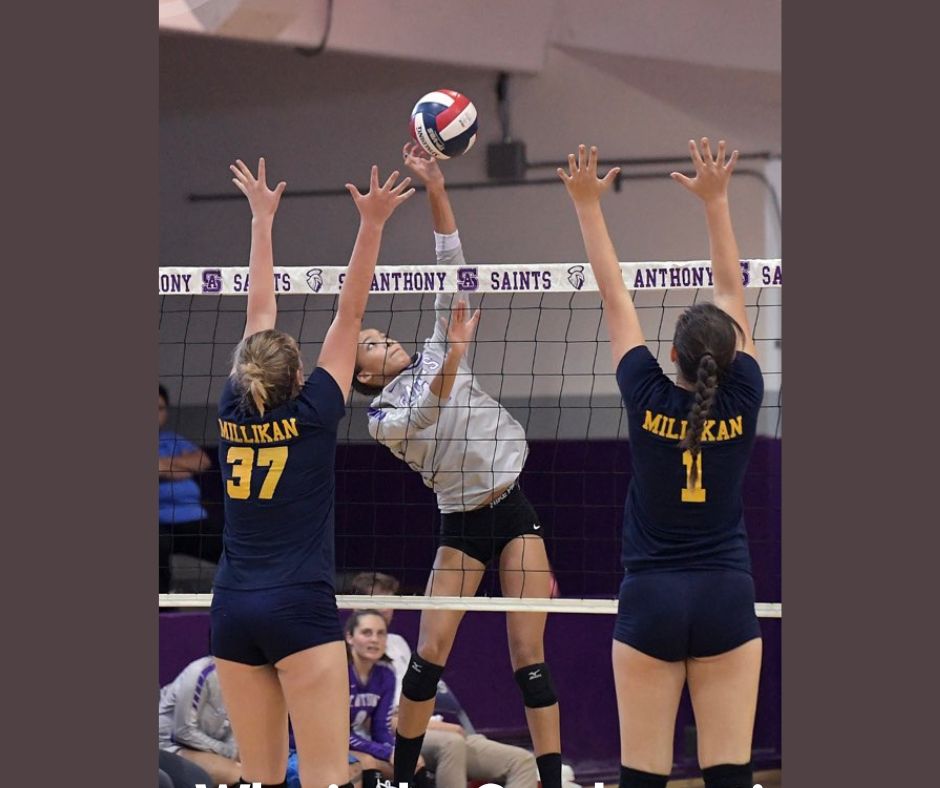
The Problem With “Great Job”
The Problem With “Great Job.” “Great job out there!” This must be the most common thing we say to our kids after a game or competition. We are saying it to provide praise for their performance. Or are we? I know that I sometimes say it automatically without thinking. It’s just what you say.
From a behavioral standpoint, there are a couple of issues with “great job” and other general praise comments (“Nice Work” or “Great Game”). The first one is that it doesn’t provide any information. If the goal is to use this verbal praise as positive reinforcement, let’s give them some information. Let’s tell them what they did well and what exactly we enjoyed seeing. In Applied Behavior Analysis, we call this using behavior-specific praise. Ideally, behavior-specific praise includes information that is observable, specific (informational), and measurable.
I have really been working to be more intentional about the verbal praise I give my kids after volleyball tournaments or soccer games. My go-to used to be, “You played so well.” Again, there’s no information here. This past weekend one of my girls had a volleyball tournament, and I made a goal to try to be more specific in my praise after each match. Here’s what I came up with:
You had four perfect hits. I love that!
You did a great job calling for the ball in the second set!
You went up with two hands on those blocks. That was so awesome!
At first, I felt a little awkward trying to squeeze the extra information in, but I knew that using behavior-specific praise gives our athletes exact information on things they did well on and will increase the likelihood that they will do it again, so I tried to be intentional about being specific. It made a difference and even promoted a nice conversation between the two of us.
The second issue with “great job” and other general praise is that it can potentially provide positive reinforcement for ALL of the things the athlete did-including errors, mistakes, and any unsportsmanlike behavior. It acts as a blanket statement for everything they did in a competition or game. We could inadvertently reinforce behaviors that we would like to see less of. For example, a young basketball player finishes the game with 16 points and two personal fouls. Afterward, his dad says, “Great job out there” because he scored well. This praise covers everything he did in the game, including the personal fouls, and could increase the likelihood that he does it again in the future.
In general, more specific information in the verbal praise that we give our kids will improve the quality of the praise and provide more effective positive reinforcement for those behaviors or skills that we want to see more of!

More articles you might like:
Why it sucks to be the parent of a ‘good’ athlete
9 Habits of highly effective team players
Understanding the ripple effect: how parents’ behaviors impact the entire team
My daughter quit sports, and this is what youth sports parents need to know











